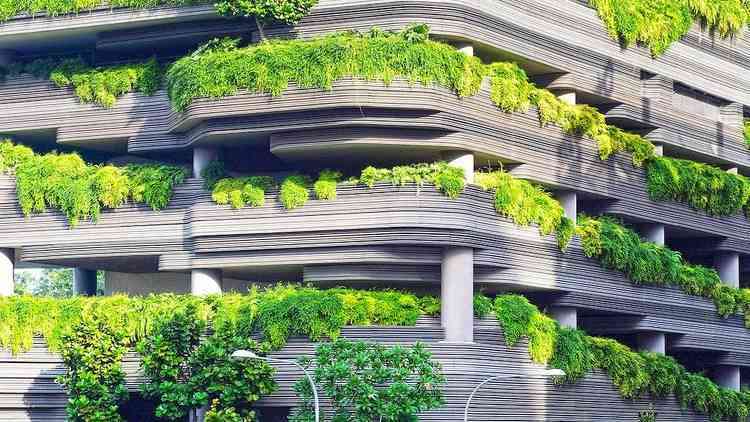
PROMOTERS of sustainable building practices have intensified efforts to advocate for climate-responsive construction models as Zimbabwe moves closer to enacting legislation to address climate change.
The world is on edge as extreme heat waves sweep across regions, disrupting ecosystems from oceans to forests and deserts.
In southern Africa, including Zimbabwe, frequent droughts have wreaked havoc on economies.
Additionally, some areas have been battered by destructive storms, and rising sea levels are threatening island nations.
The Green Buildings Council of Zimbabwe (GBCZ) estimates that the built environment contributes around 30% of global greenhouse gas emissions.
In a paper submitted to the government, the GBCZ pointed out the importance of robust climate change mitigation and adaptation measures as Zimbabwe accelerates its climate action plans.
The paper, titled Greening the Built Environment: A Climate Change Mitigation and Adaptation Strategy through Green Building Rating and Certification, outlines the GBCZ’s proposals for the upcoming Climate Bill.
The Bill seeks to establish a regulatory agency and a dedicated fund to support the implementation of comprehensive climate change strategies.
- Zim artistes need to perfect their stage presence
- Interview: Climate change fight pivots towards green buildings... UN-Habitat chief warns Zim to move with speed
- Climate change fight veers into green buildings
Keep Reading
In its May paper, the GBCZ highlighted the crucial role of the construction sector in addressing the challenges posed by climate change.
“The country is currently grappling with the realities of climate change and the indisputable fact is that climate change is real,” GBCZ said.
“The built environment is a significant contributor to the problem. The scenario is desperate, and the solution is to simultaneously work on climate mitigation and adaptation.
“Thus, in the face of climate change and growing environmental concerns, Zimbabwe's urban development must embrace green building practices.”
The green building concept involves the sustainable construction of energy-efficient and environmentally friendly infrastructure, which helps reduce energy and water consumption while providing healthy and comfortable indoor environments.
A notable example of this concept in Zimbabwe is the Eastgate shopping mall, often cited as a model for green building practices. The GBCZ stressed that sustainable construction could significantly reduce carbon emissions and called for the development of strong policies to combat the impacts of climate change.
“Relevant policies are needed to bring sustainability to the built environment, making green building standards mandatory in our country, primarily through the Climate Change Management Bill,” the report said.
The GBCZ urged the government to implement energy efficiency standards in buildings, strengthen building codes, and require net-zero buildings.
They also advised the creation of green spaces and the funding of infrastructure projects that prioritise walking, cycling, and public transportation.
The GBCZ also recommended incorporating green infrastructure, such as green roofs, green spaces, and urban forests. The paper called for climate resilience measures, including flood-resistant construction, stormwater management systems, and urban heat island mitigation strategies.
The GBCZ said the Climate Bill should prioritise affordable housing, equity, and environmental justice, particularly addressing the disproportionate climate impacts on vulnerable communities.






